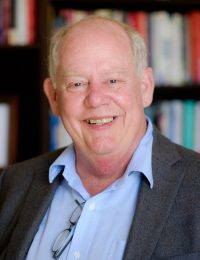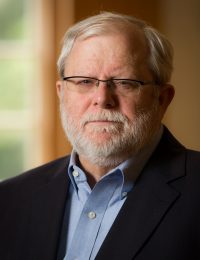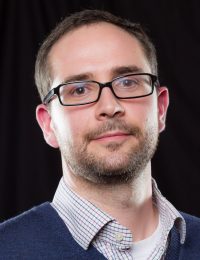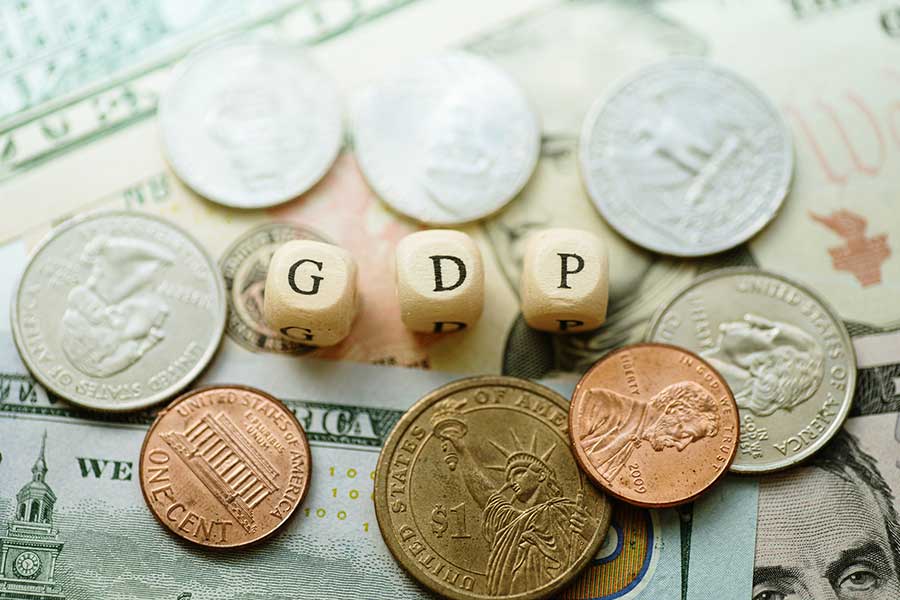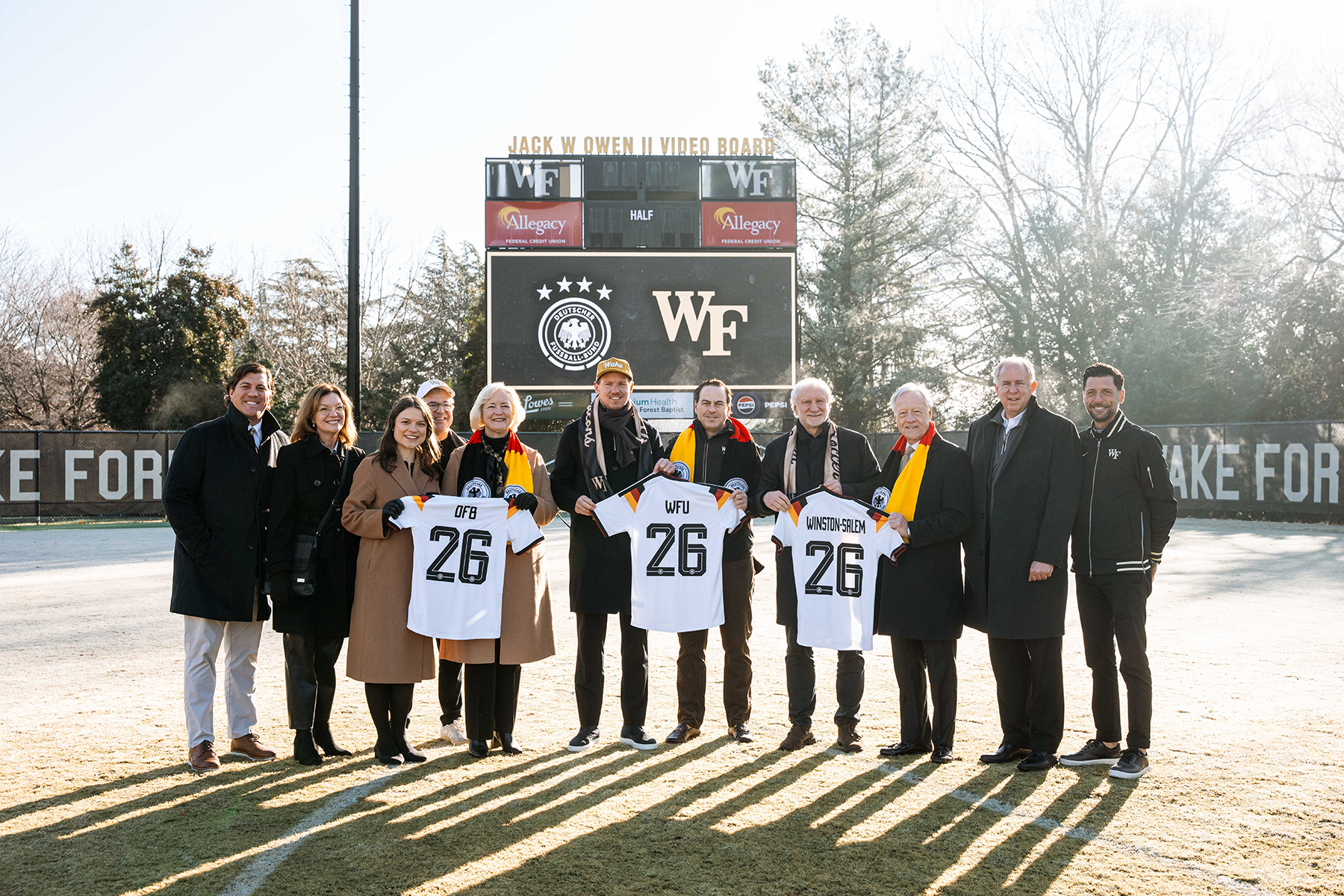Tactics, tantrums, train wrecks? Debate insights from WFU experts
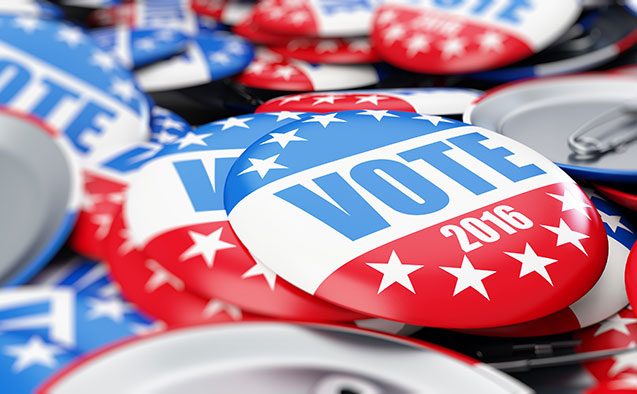
Wake Forest University communication and debate experts offer insights into the upcoming presidential debates between Hillary Clinton and Donald Trump.
Allan Louden
Allan Louden, communication professor and expert on political debates, says that in a presidential campaign cycle in which almost nothing has been normal, “prognostications carry little weight.”
However, he said there is “high drama potential for train wrecks” with viewership not seen since the Nixon/Kennedy debate. “People are going to watch because of the unpredictability, because of the personalities involved,” he said. “My prediction is it’s going to be bigger than or as big, almost, as the Super Bowl.”
Louden has worked on political campaigns as a consultant and is a commentator for TV and newspapers on debates, political advertising and elections. His latest book is “Navigating Opportunity: Policy Debate in the 21st Century.” He has provided expert commentary and analysis for USA Today, The Los Angeles Times, MSNBC, Newsweek and a wide range of other media outlets
John Llewellyn
John Llewellyn, former speechwriter and political consultant, studies and teaches rhetoric, analyzing persuasive language from the nation’s most prominent politicians, coaches and civil rights leaders. He said there are two axioms about debates: Make no glaring errors that can be used in the long term to caste doubt on your judgment or competence and demonstrate or enact stability and competence in the debate itself.
Those are the general rules, “but things are very different so far in this race because one candidate is having serious trouble with these principles even at campaign events he controls,” said Llewellyn whose comments have been used by Bloomberg, The Huffington Post, The Miami Herald and others.
Jarrod Atchison
Jarrod Atchison, who heads the championship Wake Forest debate team, said Trump’s “debate style is new to political discourse and beyond the realm of decorum for many people.”
Trump is a master of several techniques, he said, the most effective of which is called “the turn around” – understanding when to take another person’s argument and through re-characterization, present it as something the audience would object to.
“The question is will the American public at large see this as an acceptable change in our public discourse, having people argue publicly and use more ad hominem attacks which are directed against a person instead of their message,” he said.
Atchison and Llewellyn have both studied the persuasive language involved in conspiracy theories and can discuss Trump’s comments about the political system being rigged so that he can’t win.
“It looks like he is already ramping up a long-term argument that the election and even the debates are rigged,” Atchison said.
Categories: Experts, Research & Discovery
Wake Forest News
336.758.5237
media@wfu.edu
Meet the News Team
Wake Forest in the News
Wake Forest regularly appears in media outlets around the world.

